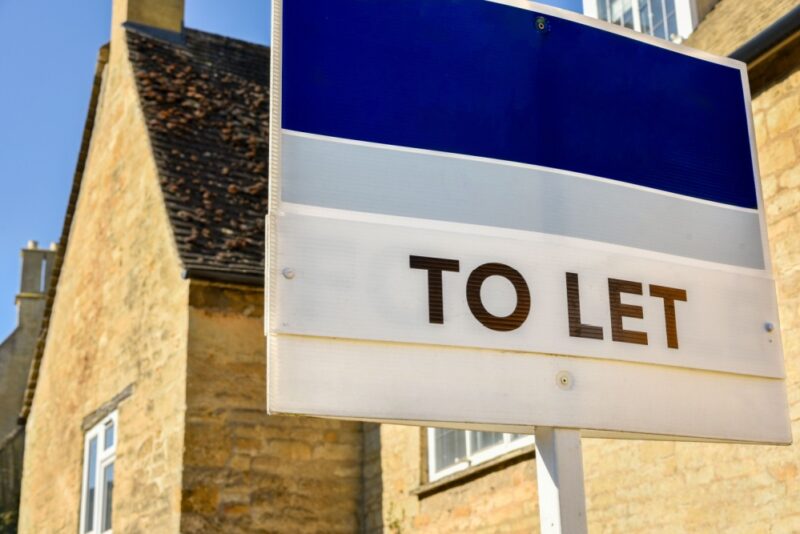When you think about retiring, you probably imagine you won’t have any debt. While retirees may have traditionally cleared their credit cards and paid off the mortgage, those nearing retirement today are facing more challenges. Nearing your planned retirement age with debt can be worrisome, but it doesn’t mean you have to cancel all your plans.
Changes to work and lifestyles mean it’s now far more common to have debt later in life.
Property is a good example of this. Older generations are likely to have purchased their first home while still in their 20s. This meant they had plenty of time to pay off the mortgage before they were ready to retire. Today, house prices have soared. The challenges of building up a deposit and being able to afford mortgage repayments mean the average first-time buyer is now in their mid-30s. So, retiring while still paying off your mortgage is more likely.
Similarly, having children later in life and job insecurity may mean you’re nearing your retirement with other forms of debt. There are many reasons why you may still have debt – the important thing to do is create a plan.
Over three-quarters of 45 – 54-year-olds have debt worries
According to Standard Life, the average age of a 2021 retiree is 60. With pensions accessible from the age of 55, rising to 57 in 2028, retirees have more flexibility than ever. While retirement can seem like it’s some way off when you’re 45 – 55, it could be just a matter of years away, and the sooner you start planning, the better.
Some 78% of 45 – 54-year-olds worry about debt, an Aviva survey found. Worryingly, 34% said they do not know how they’ll pay it off and 24% aren’t sure how much their debt adds up to. Covid-19 has exacerbated the issue for many. One in five say their debts have increased in the last year.
If you’re worried about debt, it doesn’t have to mean you need to delay your retirement plans. However, being proactive is crucial. So, if you’re thinking about retirement and the impact debt could have, what should you do?
Review your current situation
Your first step should be to take a step back and assess what debt you have. When it comes to debt, people can be guilty of burying their head in the sand, but ignoring the problem just leaves it for another day.
Understanding how much debt you have, from credit cards to your mortgage, can help you put a practical plan in place. Factor in what you’re doing now to reduce the debt, and how this will impact the level of debt you have when you retire. In some cases, you may find you’re on track to be debt-free in retirement or that a small adjustment now could help you reach that goal.
Remember to look at the level of interest you’re paying. Start by overpaying on any high-interest forms of debt you have and consider switching providers to access a lower interest rate. Some credit cards, for instance, will provide you with a 0% interest period when you transfer a balance, so all your payments go towards reducing the amount owed rather than paying the interest.
If your current situation means you’re likely to retire with debt, here are four options to consider:
1. Continue servicing debt in retirement
You don’t have to be debt-free in retirement, but you do need to ensure you can continue meeting repayments. This means calculating what your retirement income will be. Do you have enough to service debts? How would it affect your retirement plans? For some, carrying debt into retirement makes sense, but you should make sure you look at the bigger picture and what it means for your long-term income and the cost of borrowing.
2. Use your pension to reduce debt
For most people, their pension becomes accessible at 55, rising to 57 in 2028. If you have a defined contribution pension, you can take a flexible income, including lump sums. This could provide you with a way to pay off your debt as you retire. However, there are two important things to consider here.
First, your tax liability. You can usually take a 25% tax-free lump sum from your pension, but additional withdrawals may be subject to Income Tax. As a result, taking out significant lump sums can push you into a higher tax bracket. Second, taking a lump sum out of your pension at the start of retirement can have a long-lasting impact on your income and retirement plans. It’s important you understand these implications before proceeding.
3. Using other assets to pay off debt
While pensions are often associated with retirement, other assets can help you enter the next stage of your life debt-free too. Do you have savings or investments you can draw on to pay off the debt as you retire? Or could you downsize to a new property to release equity that could be used to pay off debt? Don’t just look at your pension but consider how your other assets could be used.
4. Change your retirement plans
Finally, you may need to adjust your retirement plans. For instance, delaying retirement by a couple of years could mean you retire debt-free and can enjoy a more comfortable retirement. To understand if this is the right option for you, you should set out what your priorities are and what you want your retirement lifestyle to look like.
If you’re starting to think about retirement and aren’t sure how existing debt will affect your plans, please contact us. We’re here to help you create a financial plan that matches your goals for retirement.
Please note: This blog is for general information only and does not constitute advice. The information is aimed at retail clients only.
A pension is a long-term investment. The fund value may fluctuate and can go down, which would have an impact on the level of pension benefits available.
Your pension income could also be affected by the interest rates at the time you take your benefits. The tax implications of pension withdrawals will be based on your individual circumstances, tax legislation and regulation, which are subject to change in the future.




